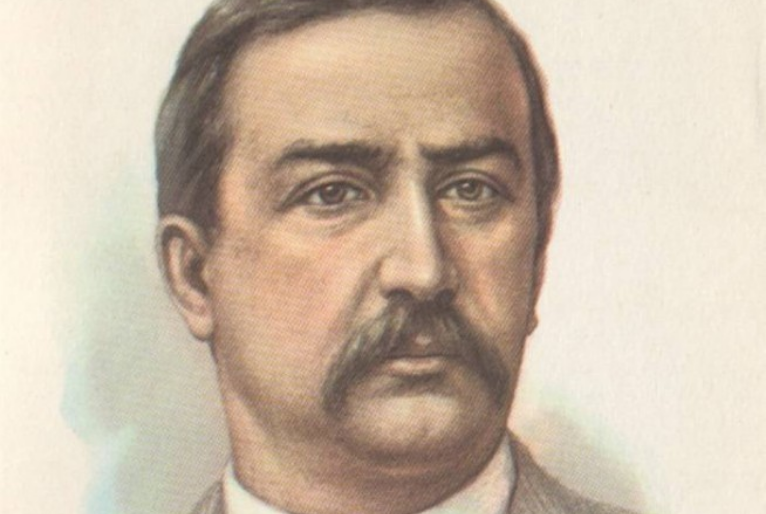
Alexander Borodin: The Melodic Mastermind of Russian Romanticism
In the realm of Russian classical music, few names evoke such admiration and intrigue as that of Alexander Borodin. As a composer, chemist, and dedicated[…]
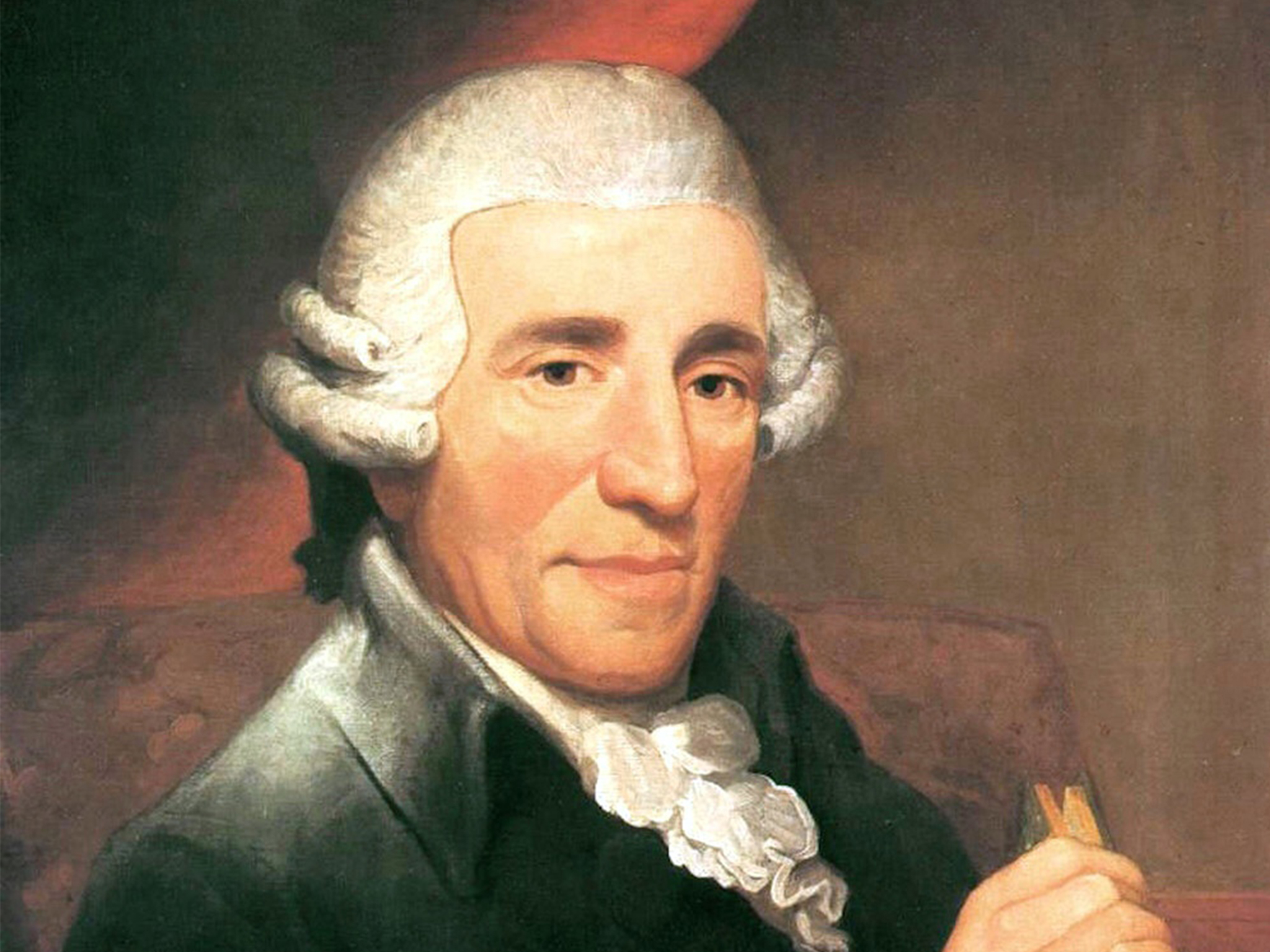
Joseph Haydn: The Master of Classical Symphonies
Born in Rohrau, Austria, on March 31, 1732, Joseph Haydn demonstrated his musical talents at an early age. Recognizing his potential, his parents sent him[…]
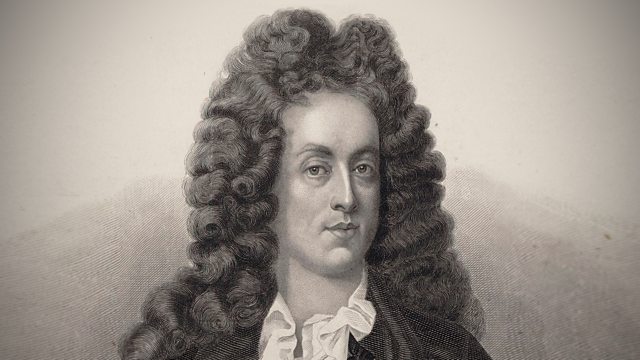
Henry Purcell: The Maestro of Baroque Composition
In the realm of classical music, certain individuals shine brightly as towering figures, leaving an indelible mark on their respective eras. One such luminary is[…]
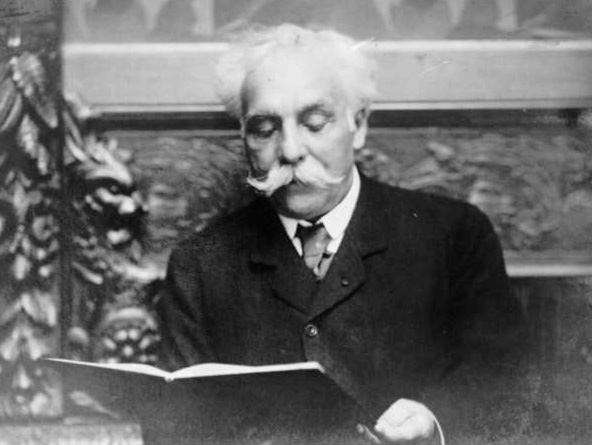
Gabriel Fauré: Illuminating the Soul through Musical Serenity
Gabriel Urbain Fauré was born on May 12, 1845, in Pamiers, a small town in the South of France. From a young age, he showed[…]
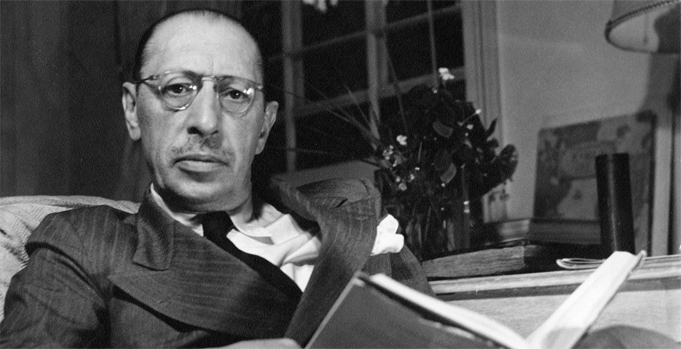
7 Fascinating Facts About Igor Stravinsky
1. A Russian Roots: Born on June 17, 1882, in Oranienbaum, Russia (now Lomonosov), Stravinsky’s early exposure to the rich cultural heritage of his homeland[…]
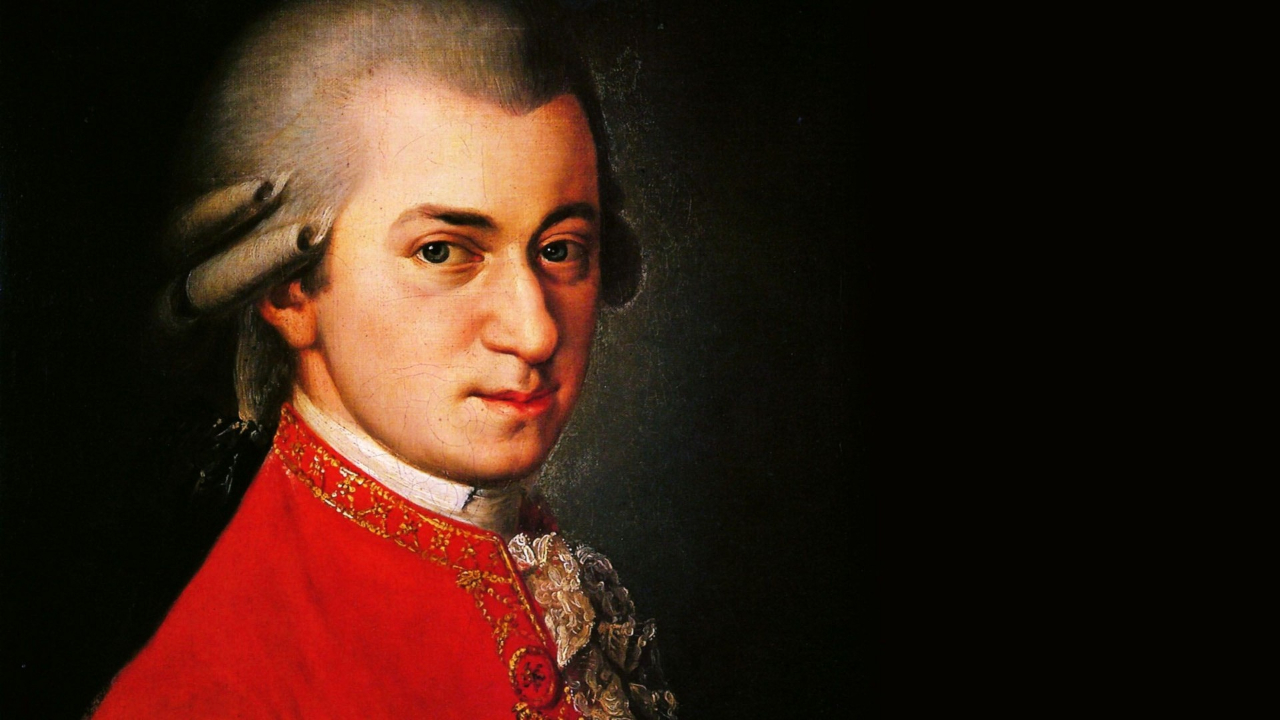
7 Fascinating Facts About Mozart That Will Amaze You
1. A Child Prodigy: Mozart’s extraordinary musical abilities were apparent from a very young age. At the tender age of five, he began composing music,[…]
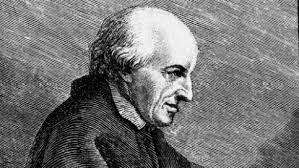
Johann Friedrich Fasch: Unearthing the Musical Genius
Johann Friedrich Fasch was born on April 15, 1688, in Buttelstedt, a small town in present-day Germany. His early exposure to music came from his[…]
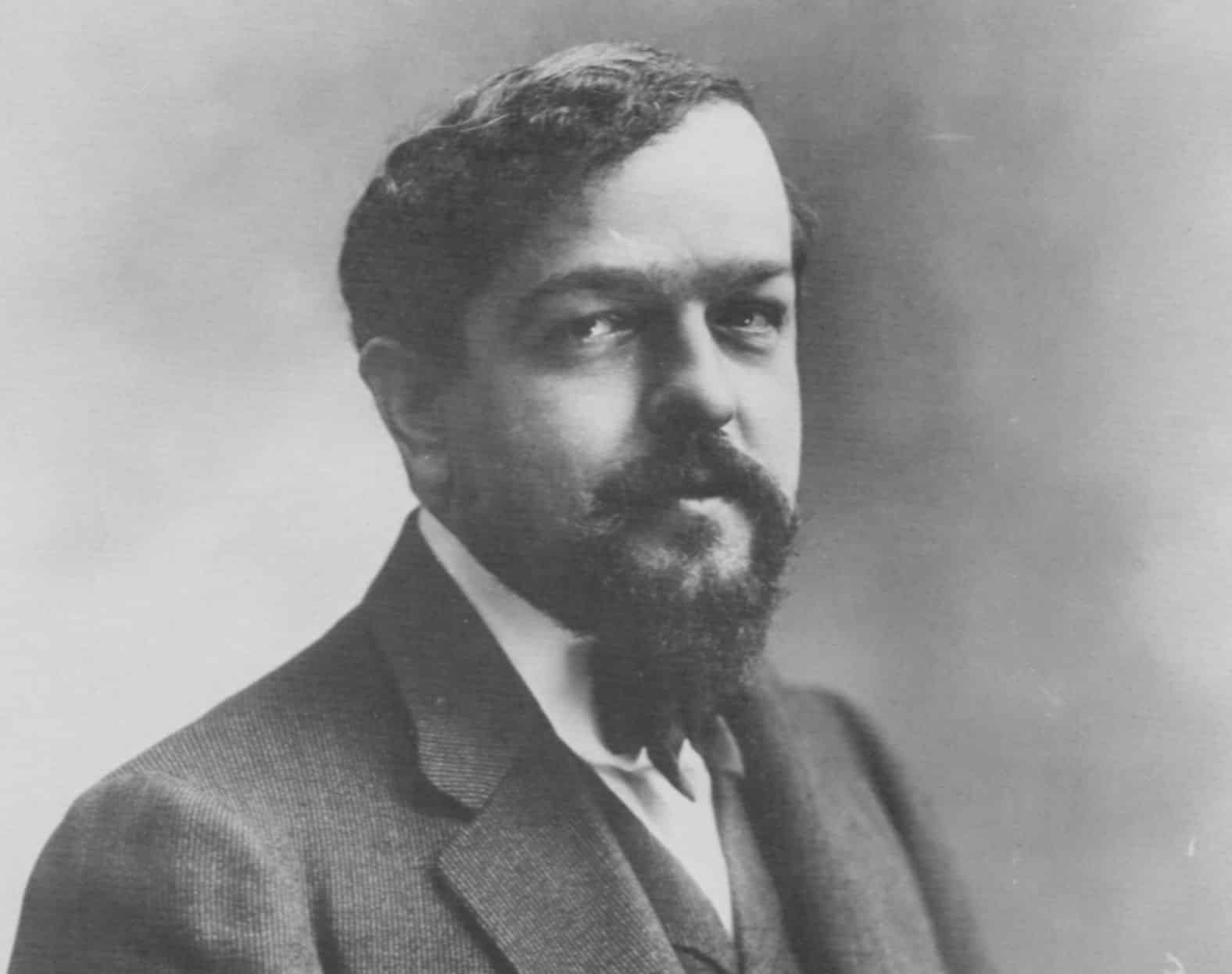
Claude Debussy: The Musical Impressionist
Claude Debussy was born on August 22, 1862, in Saint-Germain-en-Laye, France. From an early age, he displayed remarkable talent in music, often experimenting with the[…]
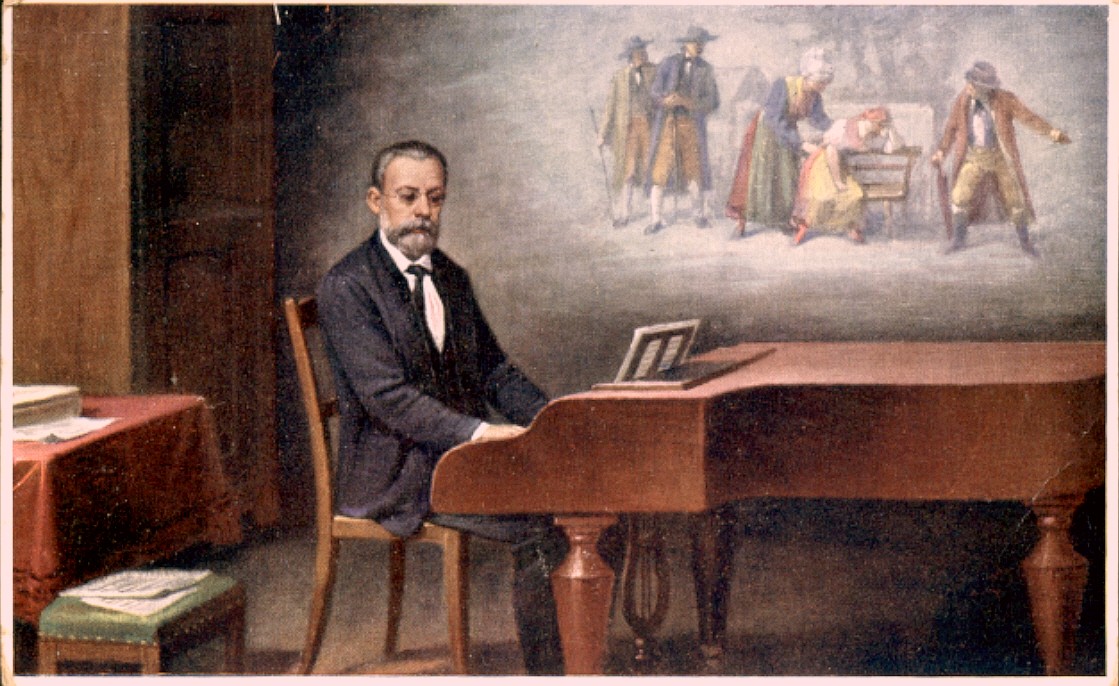
Bedřich Smetana: The Maestro of Czech Music
Born on March 2, 1824, in the picturesque town of Litomyšl, Bohemia (now part of the Czech Republic), Bedřich Smetana displayed a prodigious musical talent[…]
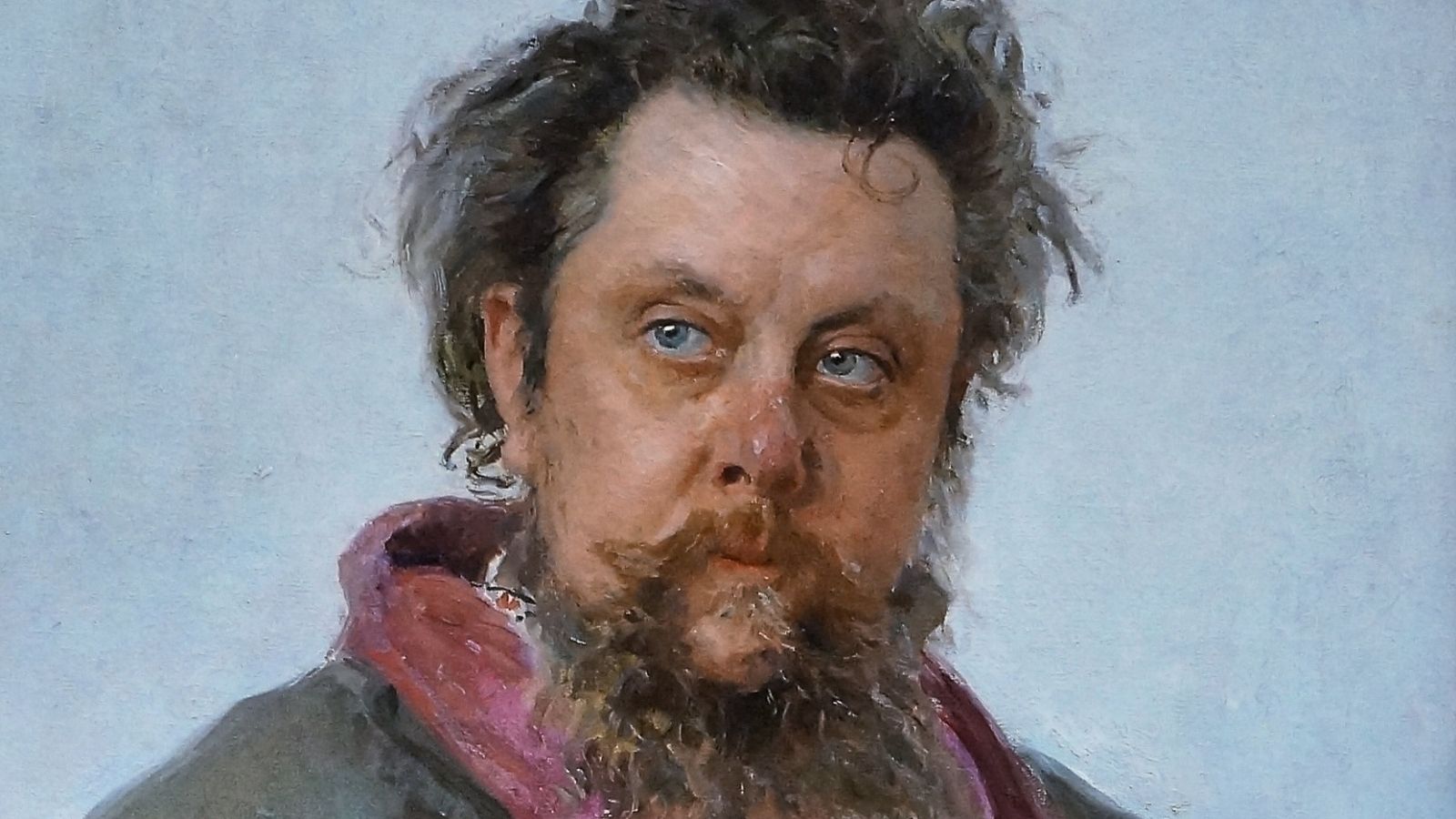
Mussorgsky: Unraveling the Genius Behind the Music
In the rich tapestry of classical music history, there are certain individuals whose talents transcend time, leaving an indelible mark on the world of composition.[…]